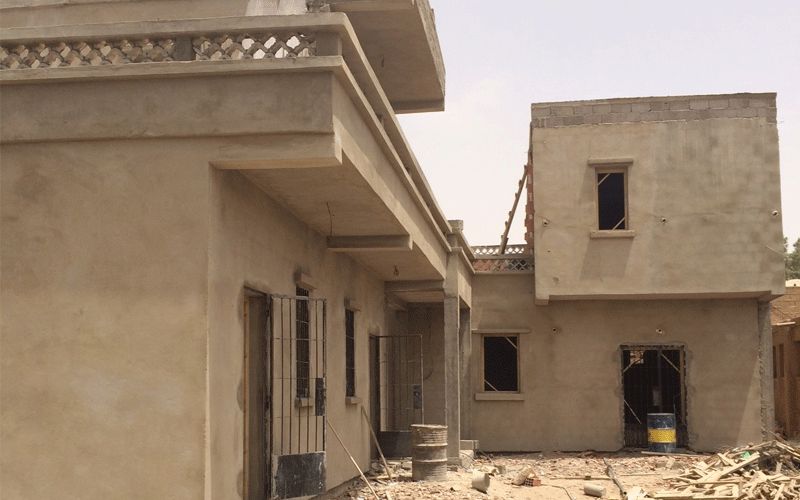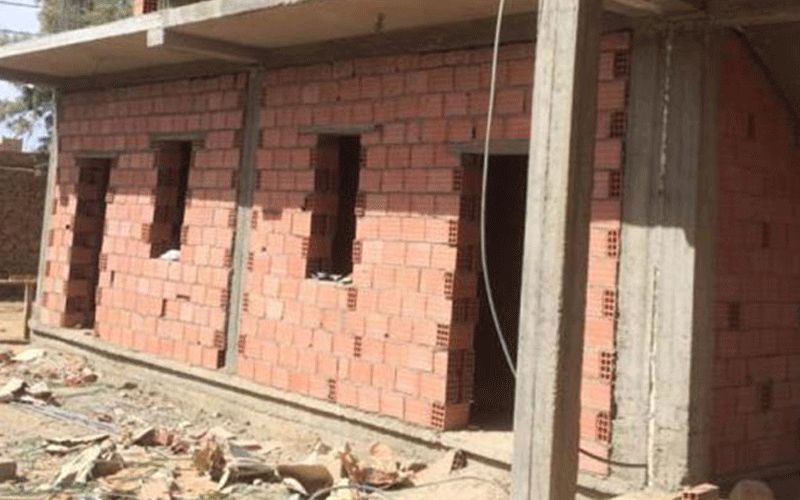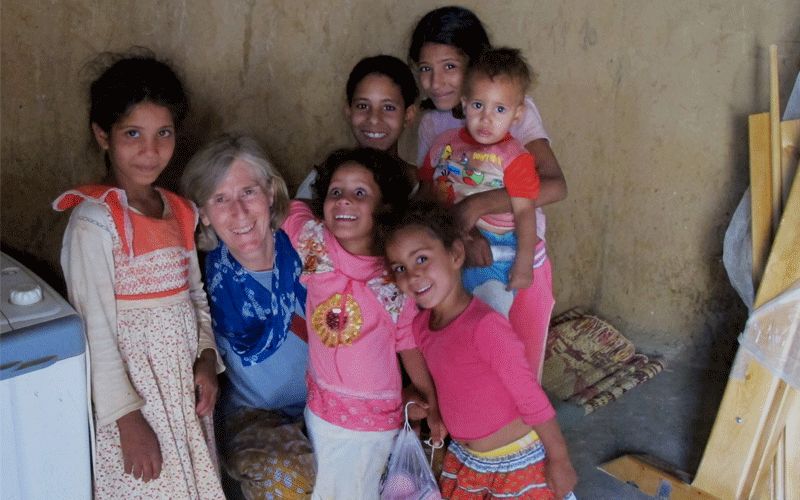“The women, the children and especially those suffering various handicaps are very many,” the nun explains, adding that their pastoral work in the country includes counselling and supporting women and conducting home, hospital and prison visits.
The duties of the nuns extend to helping in administrative and medical matters and at times conducting funerals and other festivities in the diocese that experiences a shortage of ordained ministers.
For the Little Sisters of the Sacred Heart Congregation, ACN leadership says, it is a priority to re-establish a real presence and spirit of Christian and feminine fraternity in Tamanrasset, noting the challenge of maintaining “a female Christian presence” in one of Africa’s most isolated Catholic dioceses that has been set apart from the rest of the world by a desert.
It is a plea made in a letter that the leadership of the Little Sisters of the Sacred Heart penned to the charity organization last year.
“As with many other congregations, especially in remote frontier regions, we can no longer maintain these communities on our own, owing to the shortage of vocations,” the Sisters appealed.
(Story continues below)

They added, “We can no longer think of communities of Sisters of the same Congregation or the same spirituality. We now have to achieve a fraternity and diversity of the charisms of the various Congregations and of lay religious women who are willing to commit themselves for a greater or lesser period.”
Founded in 1933 and with a presence in Tamanrasset since 1952, the Congregation of the Little Sisters of the Sacred Heart draws its charism from the life of Blessed Charles de Foucauld, who was murdered in Tamanrasset.
On May 27, Pope Francis recognized the attribution of a second miracle to the celebrated French hermit and former cavalry officer, who at the age of 32, became a monk and then a Priest, building many hermitages in Morocco where he welcomed all, whether Christians, Muslims or Jews.
“Always attentive to the poor, ransoming slaves, offering hospitality to all who passed by, he divided his time between long hours of prayer, especially at night, manual and agricultural labor and hospitality towards all who visited,” notes ACN leadership.
“Having been living in Tamanrasset for the past 20 years and more, I was filled with an interior joy on hearing of the forthcoming canonization of Charles de Foucauld, which has renewed my faith and given new life to my presence in this Muslim country,” Sr. Martine Devriendt told ACN officials in reference to the May 27 recognition that paves way for the canonization of Charles de Foucauld.
Agnes Aineah is a Kenyan journalist with a background in digital and newspaper reporting. She holds a Master of Arts in Digital Journalism from the Aga Khan University, Graduate School of Media and Communications and a Bachelor's Degree in Linguistics, Media and Communications from Kenya's Moi University. Agnes currently serves as a journalist for ACI Africa.











